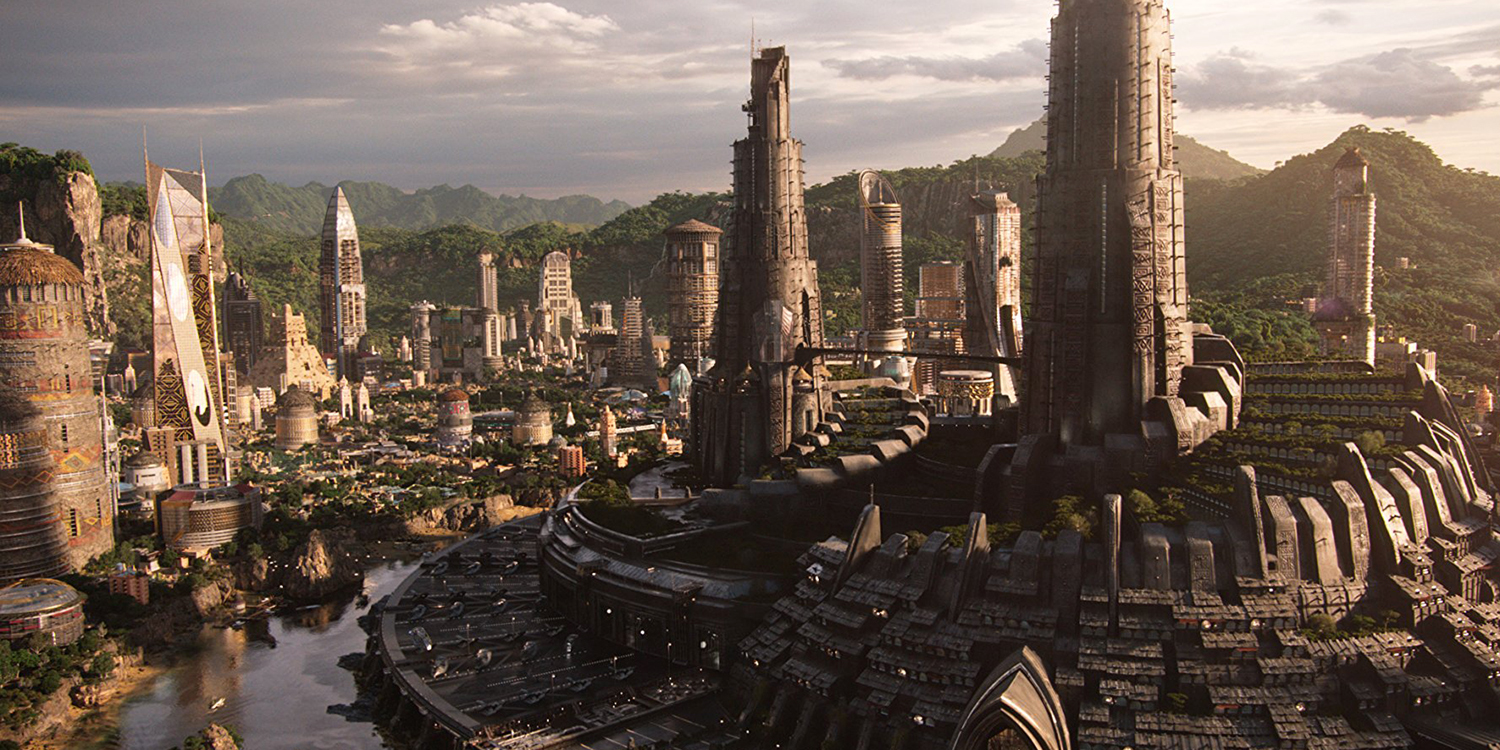The Wonder of Wakanda
by Jennifer Roberts
Like so many other people, I couldn’t wait to see the highly anticipated Marvel film, “Black Panther: Wakanda Forever” which debuted on Friday, November 11th to worldwide acclaim.
According to www.variety.com, “Marvel’s “Black Panther: Wakanda Forever” dominated the domestic box office in its debut, earning $180 million over the weekend and providing a much-needed lift to beleaguered cinemas. Globally, the superhero adventure netted a spectacular $330 million with $150 million of that figure coming from 55 overseas markets.”
I was determined not to miss out. I purchased tickets for my family early to ensure that we could support “Black Panther: Wakanda Forever” the day that it opened. Despite being tired from a long week, the intricate story, complex characters, jaw dropping special effects and they did not lose the force that is Wakanda on me. I loved every minute, so much so that I saw it a second time, in case I had missed anything.
For me, Wakanda is more than a fictional, global superpower from a comic book. It is a state of mind, a way of living and being. It is excellence, elegance and the manifestation of everything that is possible when Black people combine faith with work and recognize our inherent power.
“Black Panther” (2018), was the first Marvel movie I had ever seen. I am not a comic book reader nor am I am an aficionado of superhero movies, but I was drawn to the original movie and its sequel because of the predominantly Black cast, led by the late Chadwick Boseman.
One of my favorite scenes from both movies is when the highly sophisticated Wakanda aircraft penetrates the invisible barrier protecting Wakanda from the rest of the world, transporting viewers to a place that seems to be good to be true, a land flowing with milk and honey. From the tribal government that seeks to make the best decisions for its people even though they don’t agree, to the mind-blowing technology that is used for good, Wakanda is the manifestation of what is possible when Black people care deeply for one another and collaborate to prosper and protect each other.
The nation of Wakanda shows us what it looks like when we love one another, invest in ourselves and maximize our collective resources. It is a reminder of the strong, brilliant, lineage from which Black people descend and a visual of the untapped possibilities that reside in each one of us today. Wakanda reminds us that our ancestors were kings, queens, doctors, scientists, community advocates, warriors, storytellers, teachers, fathers and mothers and that they left blue prints for us to advance the work that they started.
The people of Wakanda give us the opportunity to see ourselves. In an interview this past April on ABC’s “The View,” one of my favorite, actresses, Viola Davis was asked by co-host, Ana Navarro why representation matters. I love Ms. Davis’s response, “You need to see a physical manifestation of your dream. I love so many actors out there but there’s something about seeing someone who looks like you that makes it more tangible. You can see it. You can touch it…”
That is what “Black Panther” and the sequel, “Black Panther: Wakanda Forever” offer. They extend an invitation, through entertainment, to see and touch what we, as Black people, have the possibility to become. From the strong and strategic military leadership of General Okoye to the technological genius of Princess Shuri, every facet of Wakanda is bathed in a love for and dedication to her people.
Wakanda is depicted as the most powerful nation on earth with precious resources that the rest of the world wishes it could access. This is the power and influence that we as Black people have if only we choose to see it, accept it and cultivate it in ourselves. We are a gifted, talented, and community-minded people despite what the world may try telling us. We possess the solutions to many global problems if only we believe God has given us wonderful gifts to use in this dark world.
“Black Panther: Wakanda Forever,” is so much more than a movie. Like Juneteenth, it is a state of mind, a way of moving through the world, a way of thinking about ourselves and our communities. This film is a mirror that allows us to see ourselves clearly and to have the courage to envision what we offer and how we can use our resources to change the world.
Jennifer Roberts is a dedicated wife, mother, activist, and founder of “Conversations in the Community.”

